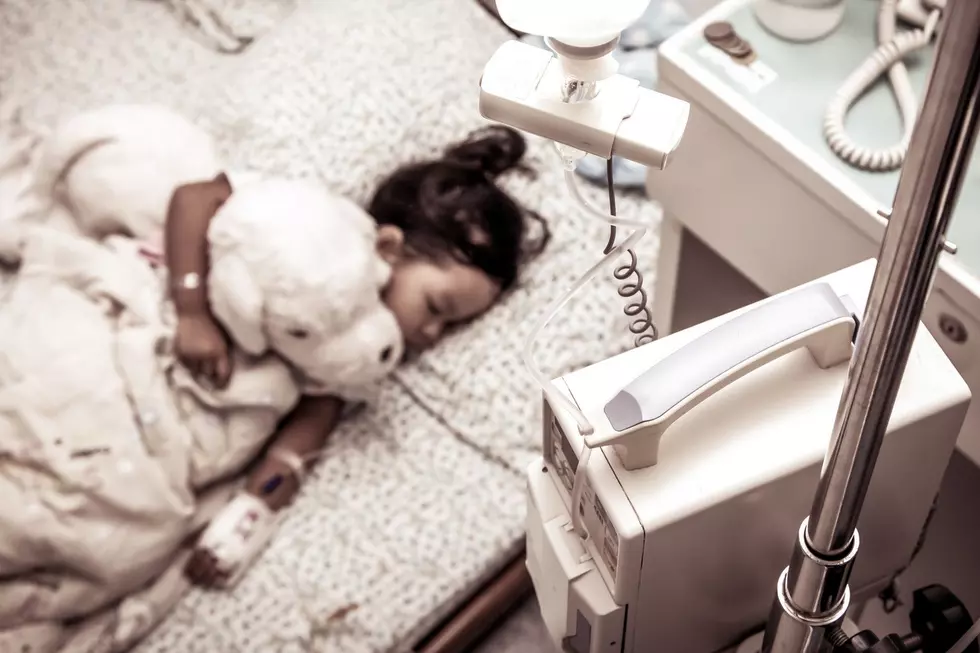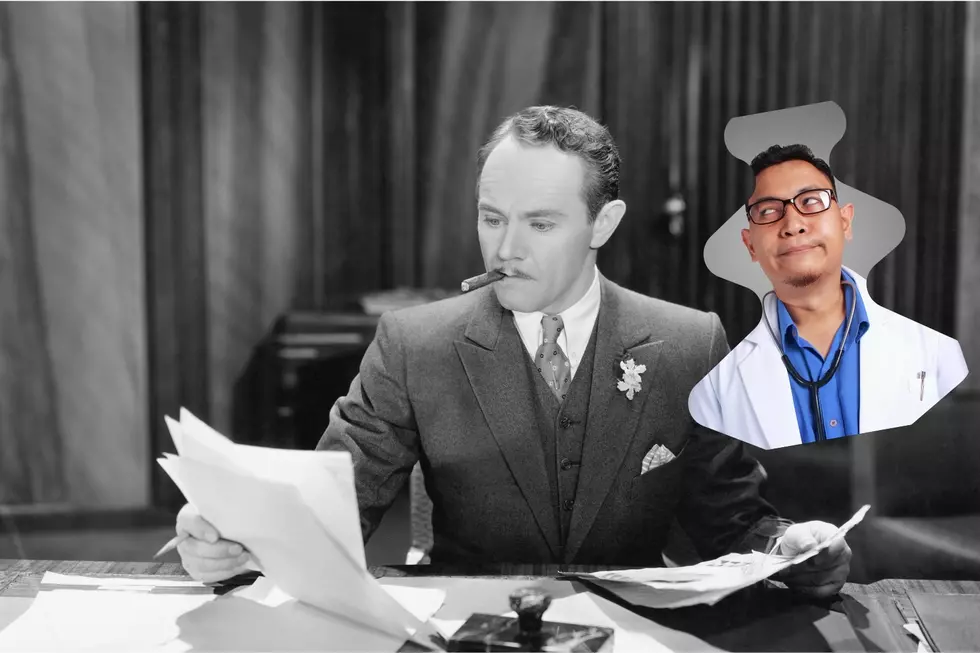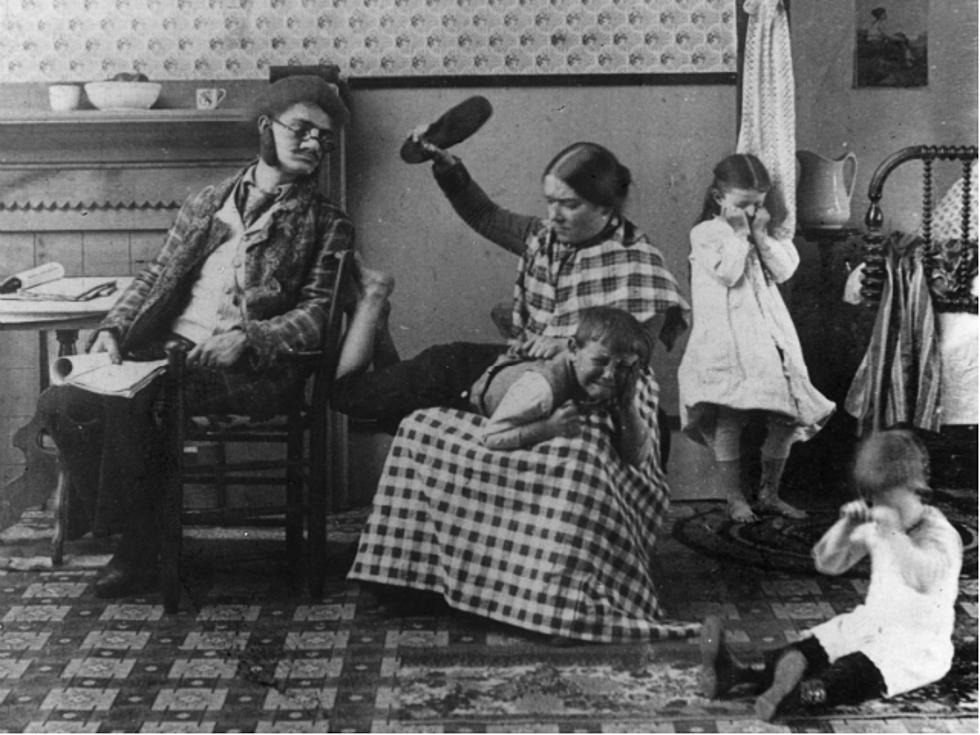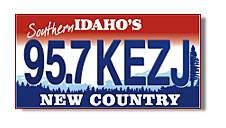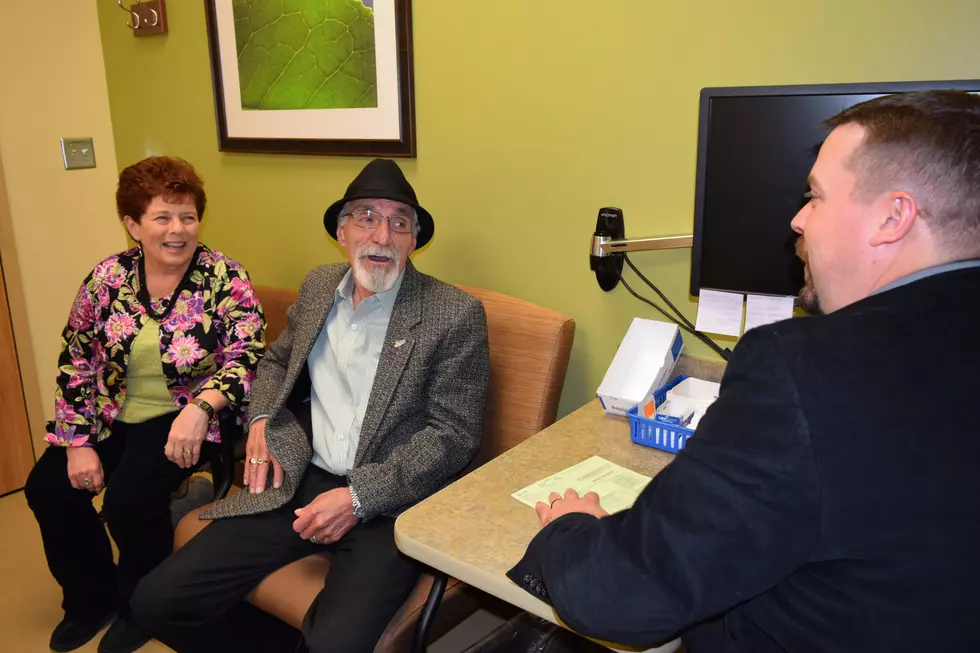
St. Luke’s: One Man’s Rehabilitation after Having a Stroke
TWIN FALLS, Idaho (News Release) – At 72 years old, Russell Billings is learning the everyday basics of life all over again: everything from writing his name to driving a car.
Last August, after having lunch with friends, he collapsed on the ground.
“I didn’t realize I had a stroke. I had no pain. No warning. No nothing,” Russell Billings explained.
Billings is lucky to be alive. He said it’s all thanks to a young man at the restaurant at the time who recognized Billings was having a stroke and called 911. Because of this quick activation of EMS upon recognition of stroke symptoms, Billings received rapid medical evaluation and treatment in the emergency department. He received medication that restores disrupted blood flow to the area of his brain that was affected by the stroke.
A stroke is a sudden interruption of blood to the brain. Stroke is a leading cause of death nationwide. Across the nation, more than 795,000 people have a stroke every year. On average, one American dies from a stroke every four minutes.
“I didn’t have any feeling in my left side at the time. My cognitive memory is shot. It’s off in left field somewhere. You can think and everything, but you don’t have a memory,” Billings said. “I can’t write anything unless I can see it. Math is hard for me which it wasn’t before.”
He explained there are gifts like his memory that he will never get back. Things that he won’t be able to do ever again. It’s changed his expectations of what he could do with his life. He calls it “a whole different world.”
“Anything that came simple in your life, you find out you can’t do it anymore,” Billings said. “It is so frustrating. I was an artist and I used to paint, sculpt and draw. It’s frustrating because I can’t do it.”
But, if you visit with Billings, you wouldn’t know he suffered from a stroke. He doesn’t stumble when he walks and he doesn’t slur his words.
He credits his recovery to the outpatient rehabilitation team at St. Luke’s Magic Valley. Billings participated in speech and occupational therapies.
The Gwen Neilsen Anderson Rehabilitation Center at St. Luke’s Magic Valley recently earned a three-year reaccreditation for its Inpatient Hospital Rehabilitation Program and a new three year accreditation of its Stroke Specialty Program from the Commission on Accreditation of Rehabilitation Facilities (CARF). The unit specializes in caring for patients recovering from stroke, spinal cord injury, traumatic brain injury, trauma, amputation, joint replacements and other medically complex conditions.
In addition, Billings participates in a stroke education and support group at the hospital once a month. This group, which meets at the rehabilitation unit, provides an opportunity for stroke survivors and their families to develop a social network.
“It gets depressing sometimes. You have to keep your mind occupied,” Billings said. “Once you have that stroke, it’s irreversible. All you can do is change the outcome. And that’s the hardest part, working on that.”
His wife, Patty, said he’s a real success story, however, his stroke caught her by surprise.
“This can happen to anyone at any time. It has been a hard recovery. It has been a lot more than I ever anticipated it would be,” Patty Billings said. “We went through weeks where I was exhausted all of the time with doctors’ appointments and the stress of it all.”
Recognizing a stroke and acting fast is essential. It’s the biggest piece of advice that Dr. Kevin Kraal can offer.
“If you think there is any possibility at all that you are having a stroke, call 911 immediately. You lose 1.9 million neurons each minute that you are having a stroke,” Dr. Kraal, Emergency Department Physician at St. Luke’s Magic Valley and Medical Director for Air St. Luke’s and Magic Valley Paramedics, said.
The most effective stroke treatments are only available if the stroke is recognized and diagnosed within three hours of the first symptoms.
Using the FAST acronym helps to recognize a stroke and to act fast.
“F stands for face drooping or an uneven smile. A is for arm or arm drift, arm weakness, numbness. S is for slurred speech. T stands for time because stroke is a time sensitive emergency,” Scott Baggett, Stroke Coordinator at St. Luke’s Magic Valley said.
Risk factors for having a stroke include high blood pressure, high cholesterol, atrial fibrillation, heart disease, and diabetes. Your lifestyle choices may also have an impact. Obesity, drinking too much alcohol, tobacco use, and having an unhealthy diet can influence your risk for stroke. Also, your genetics may be a factor.
Luckily, for Russell Billings, his stroke was caught early. He’s grateful for the care that he received. Now, while he may be regaining many of his elementary skills, he offers guidance for others who may be in a similar situation.
“A stroke can be devastating to the person and the person’s family. It’s never ending. You can see improvements every day. You just have to be patient.”
More From 95.7 KEZJ


